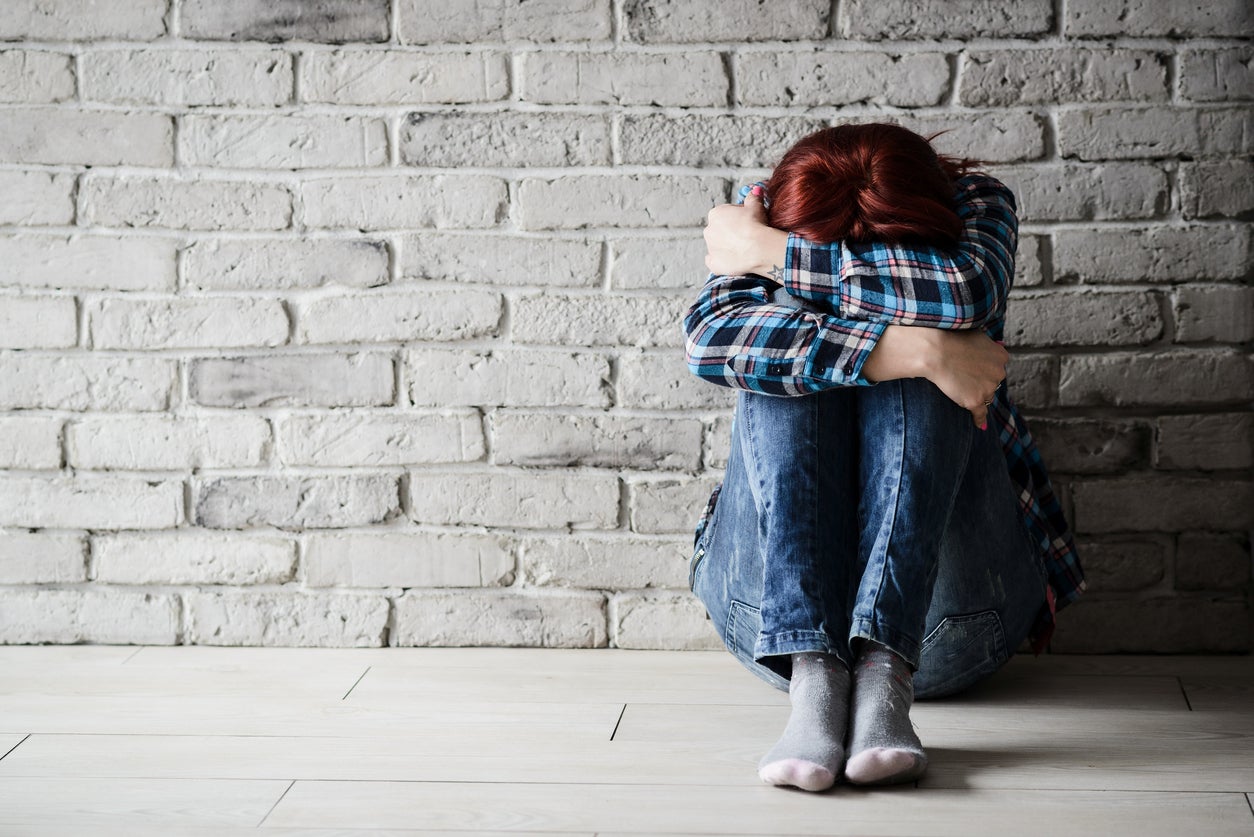Convicted stalkers and domestic abusers should be forced to wear GPS trackers, campaigners say
'A lot of women who experience violence and abuse for years and years are extremely worried about the person finding them and hurting them again'

Your support helps us to tell the story
From reproductive rights to climate change to Big Tech, The Independent is on the ground when the story is developing. Whether it's investigating the financials of Elon Musk's pro-Trump PAC or producing our latest documentary, 'The A Word', which shines a light on the American women fighting for reproductive rights, we know how important it is to parse out the facts from the messaging.
At such a critical moment in US history, we need reporters on the ground. Your donation allows us to keep sending journalists to speak to both sides of the story.
The Independent is trusted by Americans across the entire political spectrum. And unlike many other quality news outlets, we choose not to lock Americans out of our reporting and analysis with paywalls. We believe quality journalism should be available to everyone, paid for by those who can afford it.
Your support makes all the difference.Convicted stalkers and domestic abusers with restraining orders should be forced to wear GPS trackers, which would sent an alert to their victims if they are nearby, in a new set of demands by campaigners.
The government is considering proposals to fit offenders with electronic tags, which would transmit a signal to a call centre in the event of a breach or if it is tampered with, under sweeping plans to transform the handling of domestic violence.
However groups representing victims have urged ministers to go further by bringing in an alert system, where the offender wears a device that transmits an alert directly to the victim, if a restraining order is breached. Police would be notified if the risk was deemed to be high.
It comes after Amber Rudd, the home secretary, announced plans for a ”once in a generation opportunity” to change the Government’s approach to domestic violence, including proposals to ban perpetrators from drinking alcohol and unprecedented powers to impose electronic tagging on offenders.
Liz Saville-Roberts, Plaid Cymru’s home affairs spokesperson, who is leading calls for an alert system, said ministers had admitted that electronic tagging alone cannot reduce crime or stop offenders from committing further offences.
“We know that manufacturers could develop simple devices based on transmitters and receivers that could provide a vital extra layer of security for victims and genuinely reduce the incidents of reoffending by convicted stalkers and abusers,” she said.
Ms Saville-Roberts added: “A victim would carry a receiver and be alerted if their abuser were to enter a court-imposed exclusion zone, with the police also receiving an alert in high-risk incidences.
“Above all, it would give the victim an increased sense of safety and confidence – something that is taken for granted by most of us but is severely lacking amongst some victims of abuse.”
Laura Lyons, 32, was victim of a sustained campaign of domestic abuse and “honour”-based violence over a three-year period. She escaped her marriage in 2013, after years of abuse. She has had to move several times along with her young daughter.
She told The Independent: “I think it would definitely help people. In my own personal view, it would be extremely helpful to know if the perpetrator was in my vicinity. This would then enable me to notify the police and get to a place of safety.
“It doesn’t ever go away. A lot of women who experience violence and abuse for years and years are extremely worried about the person finding them and hurting them again. They might be outside your house and you would have no idea.
“This sounds like an excellent idea and one I would fully support. However, the equipment and software used must be extremely well-tested ensuring that perpetrators can not find away around it, thus luring victims into a false sense of security.”
Electronic tagging operates more as a form of house arrest rather than an effective deterrent for crime, according to Harry Fletcher, director of Voice4Victims, which is backing calls for victims to be informed.
He told The Independent: “Tagging is just a government gimmick and it will do nothing to protect women.
“We are supporting these plans as it would make it easier for police to be informed and for women to live without fear.”
Ministers launched a 12-week consultation last month to drum up ideas for its landmark Domestic Abuse Bill, a cause which has been championed by Theresa May.
Other measures being considered include tougher sentences for domestic abuse that affects children, recognising economic abuse as a type of domestic abuse.
Campaigners have cautiously welcomed the plans but said these could be undermined without sustainability for women’s refuges amid fears a funding overhaul could put the future of many centres in doubt.
Thousands of domestic abuse victims are unable to access vital services due to lack of space, as 94 women and 90 children were turned away from refuges on a single day in England last year, according to Women’s Aid.
Join our commenting forum
Join thought-provoking conversations, follow other Independent readers and see their replies
Comments